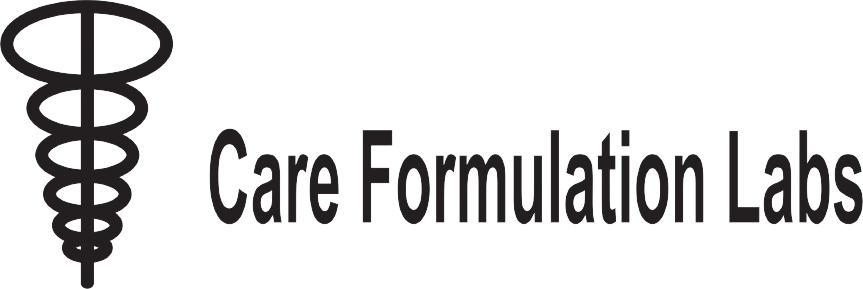Introduction
Allergies are a common health concern affecting millions of people worldwide. Whether it's seasonal allergies, food allergies, or allergic reactions to environmental factors, the discomfort they bring can significantly impact daily life. Fortunately, the field of medicine offers a range of solutions to alleviate allergy symptoms, and one of the most essential tools in this arsenal is anti-allergic medicines. In this blog, we'll dive into what anti-allergic medicines are, how they work, the different types available, and their importance in managing allergies.
What Are Anti-Allergic Medicines?
Anti-allergic medicines, also known as allergy medications, are a group of pharmaceuticals designed to counteract the immune system's overreaction to allergens. When a person with allergies encounters a substance they're allergic to, their immune system releases histamines and other chemicals, leading to symptoms like sneezing, itching, runny nose, watery eyes, or even more severe reactions such as anaphylaxis in extreme cases.
Anti-allergic medicines work by blocking the effects of these immune system chemicals, providing relief from allergy symptoms. It's important to note that these medications primarily target the symptoms of allergies, not the underlying cause. However, they play a crucial role in making daily life more manageable for individuals dealing with allergies.
Types of Anti-Allergic Medicines
-
Antihistamines: These are the most common type of anti-allergic medicines. They block the action of histamines, which are the primary drivers of allergic reactions. Antihistamines can alleviate symptoms like sneezing, itching, and runny nose. They can be divided into two generations: first-generation (e.g., diphenhydramine) and second-generation (e.g., cetirizine, loratadine). Second-generation antihistamines are generally preferred due to their reduced sedative effects.
-
Decongestants: Decongestant medicines help relieve nasal congestion, a common symptom of allergies. They work by constricting blood vessels in the nasal passages, reducing swelling and allowing for easier breathing. Pseudoephedrine and phenylephrine are common decongestant ingredients found in many over-the-counter allergy medications.
-
Corticosteroids: These medications, available in various forms like nasal sprays, inhalers, creams, and oral tablets, are potent anti-inflammatory drugs that can effectively manage more severe allergy symptoms, such as persistent nasal congestion and skin reactions. However, they may require a prescription and should be used under medical supervision.
-
Mast Cell Stabilizers: These medications prevent the release of allergy-triggering substances from mast cells. Cromolyn sodium is a common mast cell stabilizer, often found in nasal sprays and eye drops.
-
Combination Medicines: Some allergy medications contain a combination of different active ingredients, offering a broader spectrum of relief. For example, some may include both an antihistamine and a decongestant.
Importance of Anti-Allergic Medicines
Anti-allergic medicines provide much-needed relief to individuals dealing with allergies. They can help improve the quality of life by reducing discomfort, enabling better sleep, and allowing people to engage in daily activities without the constant disruption of allergy symptoms.
It's essential to use these medicines as directed and to consult with a healthcare provider before starting any new medication, especially if you have underlying health conditions or are taking other medications. A healthcare provider can help determine the most suitable type of anti-allergic medicine for your specific allergies and needs.
Conclusion
Anti-allergic medicines are a valuable tool in the management of allergies. They work by targeting the symptoms of allergies, providing relief from discomfort, and allowing individuals to lead a more productive and enjoyable life. Understanding the different types of anti-allergic medicines and their proper usage, in consultation with a healthcare provider, is essential to effectively manage allergy symptoms. If you're one of the millions affected by allergies, take comfort in the fact that relief is available, and you don't have to let allergies dictate your life.







